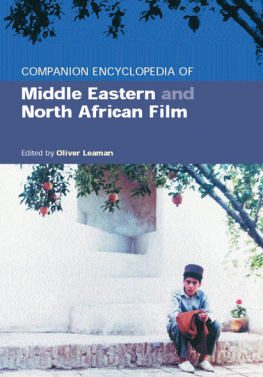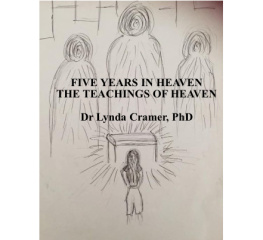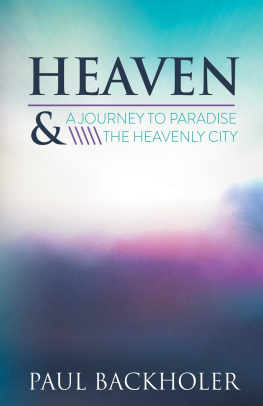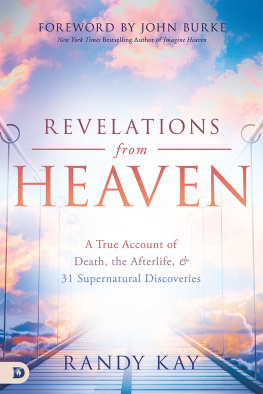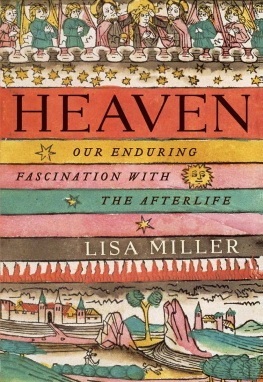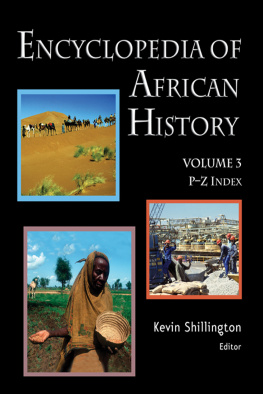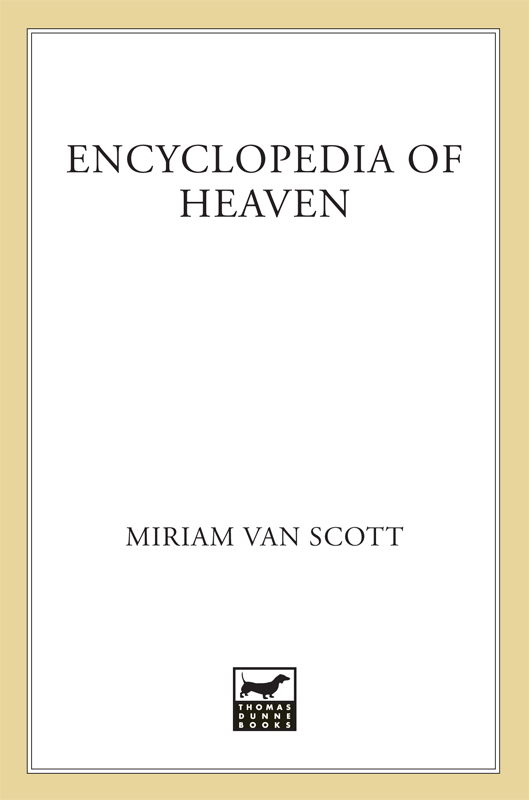Contents
Guide
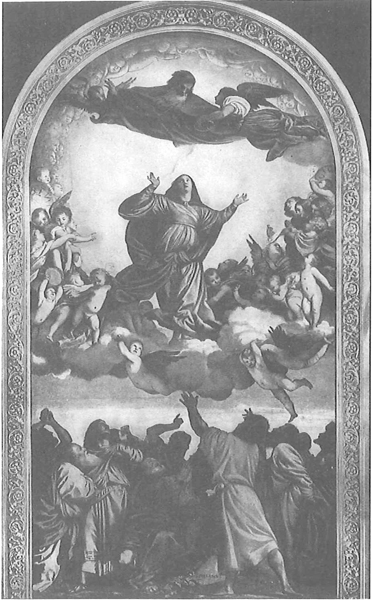

The author and publisher have provided this e-book to you for your personal use only. You may not make this e-book publicly available in any way. Copyright infringement is against the law. If you believe the copy of this e-book you are reading infringes on the authors copyright, please notify the publisher at: us.macmillanusa.com/piracy.
Contents
This book is dedicated to my parents, who first taught me about heaven
and to my husband and children, who have given me a glimpse of how wonderful it must be.
Notions of a glorious afterlife have been part of the human experience for millennia. Such supernatural speculations have shaped our language, our literature, and even history itself. Ancient mythologies, organized religions, and secular works of art and literature through the ages offer elaborate descriptions of the sensual delights and spiritual pleasures that await souls in the world to come. Images of this blessed realm have inspired everything from epic poems to satirical songs about the hereafter and encompassing everything in between. And the fascination with eternity continues.
From the earliest civilizations, images of a pleasant afterlife have influenced the way people live, interact, worship, inter the dead, and remember deceased kin. In some cases, the promised paradise is reserved for specific individuals, such as heroes, royalty, and priests. Others connect eternal bliss to a persons manner of death, granting admittance only to those who are slain in battle or die through acts of selflessness such as childbirth. Most, however, link afterlife reward with lifetime behavior, creating a powerful incentive to obey societal standards and contribute to the welfare of the community. The awesome beauty of this eternal kingdomelusive in the land of the livingis reflected in thousands of interpretations of paradise designed to motivate the faithful. And the possibility of joining this mystic society is extolled as humanitys ultimate goal.
Throughout history, this focus on the life beyond death has been taken up by scholars, philosophers, artists, writers, priests, and poets. There have been critics, too, decrying the obsession with heaven and its often dark consequences as divisive, insincere, and manipulative. Yet the vast majority see heaven as true human perfection: a grand world of complete fulfillment stripped of all ugliness and imperfection. Souls in paradise are often themselves considered deified, sharing in the radiance of some higher power. This belief helps unite the generations and transcends the boundaries of time.
Of course, not all theories agree on heavens specifics. Over the centuries, cultures have embraced a wide variety of blessed eternity concepts, describing it as everything from a spiritual social club for the wealthy to a realm of justice where the downtrodden are finally compensated for years of neglect and abuse. Various mythologies have put a vast variety of gods at the center of this divine dimension while religious scholars have developed elaborate criteria necessary for salvation. Writers have attempted to pen poems, prose, and plays illuminating the unseen world. Artists have composed great works alluding to afterlife grandeur. In more recent years, scriptwriters have translated the hereafter into fodder for irreverent parodies about faith, religion, and even God himself. Representations of the glorious beyond have also found their way into the modern consumer culture, appearing on everything from T-shirts to coffee mugs. And still the quest for heaven continues.
This book chronicles the diverse interpretations of paradise and offers insight about their origins and implications. Various viewpoints are compared and contrasted, showing recurring themes as well as unique heavenly concepts. The Encyclopedia of Heaven illustrates the enduring enchantment humans have with notions of splendid eternity, a fascination that persists even in our enlightened age.
ABA Aba is the creator of earth and the lord of heaven according to the tradition of the Choctaw, Native Americans of the bayous of Louisiana. When members of the tribe die, they are said to go to Aba, where they will dwell in bliss and tranquillity. Aba is a loving god who will give his human children eternal happiness.
The Choctaw share the idea of a pleasant land of the dead with other tribes, such as the Ojibwa. Both view the abode of the departed as a land of plentiful hunting and perpetual good clime located in some distant place, perhaps in another country just beyond the horizon. Neither tribe considers this to be a reward for a good life, but rather a realm free of conflict where all spirits will dwell in harmony.
ADIRI Melanesian mythology includes belief in Adiri, the land of the dead. Adiri is said to be either a mountain or an island located in the west, beyond the sunset. The dead exist in Adiri in a quiet realm devoid of pain, hunger, and the travails of human life.
According to the myth, the soul survives bodily death and must make a perilous supernatural journey, past geographic obstacles and mystic gatekeepers who try to thwart the spirits progress. Its fate is determined not by moral factors but by the status it enjoyed in life and the rituals performed in its memory. If a soul fails certain tests or if the proper rites are not conducted, then it will cease to exist. Souls can also fade from Adiri if the living fail to respect and remember them properly.
ADORATION OF THE TRINITY Artist Albrecht Drer offers his vision of CHRISTIAN PARADISE in the early sixteenth-century composition Adoration of the Trinity. His work shows a regimented heaven where every saved soul has a specific place and level appropriate to the spirits piety. It reflects the celestial village suggested by SAINT AUGUSTINE s CITY OF GOD , in which heaven and earth are separated by only the thinnest of veils.
Drer places God the Father in the center, holding up JESUS Christ on the cross while a white dove representing the Holy Spirit hovers above them. The Father wears the crown and robes of an emperor. Beside him to his left, the VIRGIN MARY , mother of Jesus, is adorned in dazzling blue. Behind the smiling Queen of Heaven is a plethora of female SAINTS waving palms in worship of the Trinity. John the Baptist sits on his right, kneeling before an army of patriarchs and MARTYRS , including Moses, Solomon, and Daniel. Below this realm is a layer of saved souls ranging from kings and nobles to peasants (recognizable by their garments) all praising the Godhead.
Adoration of the Trinity is a breathtaking splash of bright colors and crisp strokes. Drer uses brilliant reds, blues, yellows, and greens to show the majesty of heaven. His paradise is a delight for the eyes as well as the spirit, where everything is lush and beautiful. The work is a compelling depiction of the joys promised to virtuous souls in the world to come.
ADVERTISING Astute business people have been using heavenly images to peddle their wares for decades. Early examples include using ANGELS in print advertisements to suggest that their products are mystical and wondrous. Cherubs have been used to sell everything from soap powder to guitar strings. (This continues to this day, especially in advertisements for baby products. Promotional directors use angelic beings to imply that their wares are as innocent and miraculous as the children themselves, fresh from heaven.)


